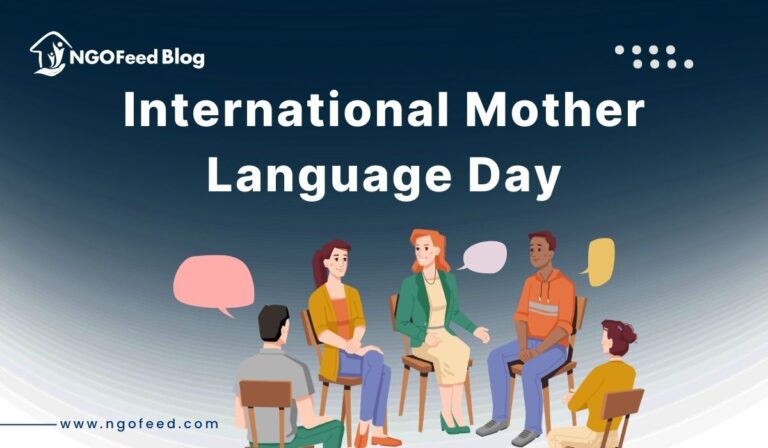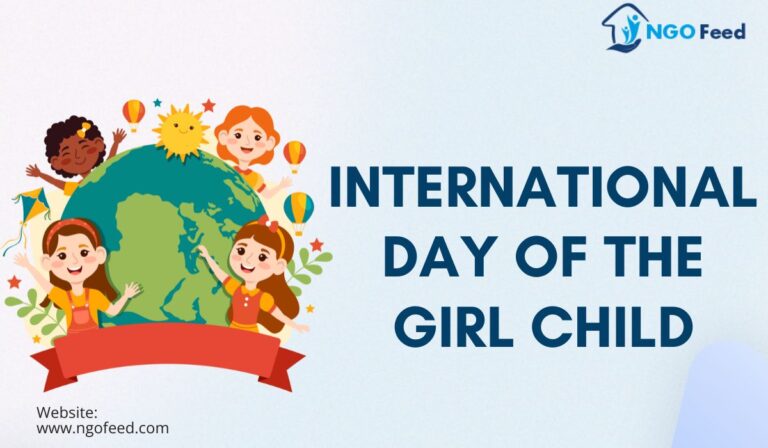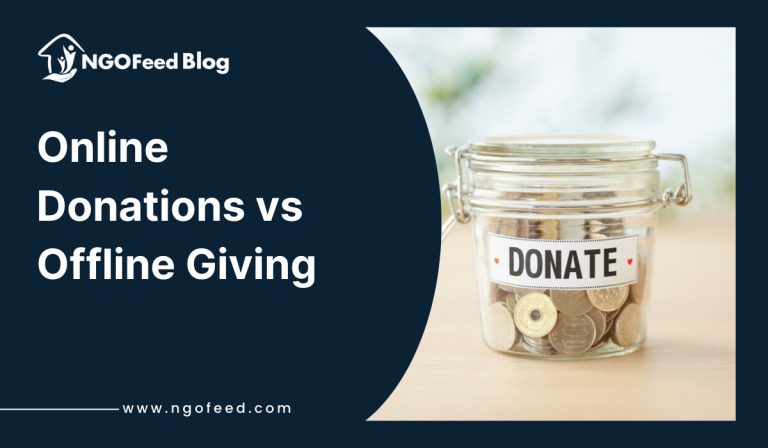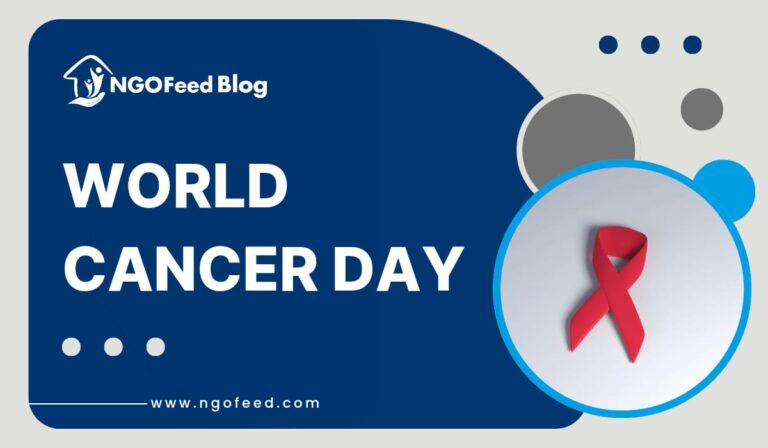Consumers are not just buyers who are obligated to buy whatever is given, they have the power to question, demand, and claim what’s rightfully yours. National Consumer Rights Day is all about celebrating the rights fearfully. Every year India observes National Consumer Rights Day on December 24 reminding consumers of their rights. The day marks the enactment of the Consumer Protection Act of 1986, a landmark legislation aimed at safeguarding consumers from exploitation and ensuring their right to be informed, choose, and seek redressal. So let’s familiarize ourselves with the history, rights, objectives, and Significance of National Consumer Rights Day.
Table of Contents
History and Significance of National Consumer Rights Day
The origin of National Consumer Rights Day dates back to December 24, 1986, when the Consumer Protection Act was enacted by the Government of India. The act introduced a robust framework for addressing consumer complaints as this act perceived and protected consumer rights giving consumers the power to enquire and raise their voices against unfair trade practices, defective products, and deficient services.
The significance of National Consumer Rights Day lies in its role in raising awareness about consumer rights. The day serves as a way to educate consumers about their rights along with responsibilities to encourage businesses to adopt ethical practices. The day aims to create a marketplace where consumers are informed, empowered, and protected.
Objectives of National Consumer Rights Day
The key objectives of National Consumer Rights Day are simple yet effective.
Raise Awareness: the day focuses on spreading awareness among consumers about consumer rights such as the right to information, right to choice, and right to safety.
Empower consumers: every consumer should be empowered to be equipped with the right knowledge and resources to make informed purchasing decisions.
Strengthen legal provisions: strengthening the legal provisions to ensure the implementation and effectiveness of consumer protection laws.
Promote Ethical Practices: Promote ethical practices so that businesses will adopt fair trade practices and avoid exploitative measures.
Also Read: NGO in Human Rights
How is National Consumer Rights Day Celebrated?
National Consumer Rights Day is celebrated with a series of events and activities aiming to raise consumer awareness. The Government, NGOs, and other institutions take initiatives to celebrate the day. Following are some of the activities you can do individually or take part in:
- Awareness Campaigns: various seminars, drives, and workshops can be conducted to educate consumers about their rights and responsibilities.
- Media Outreach: different online and offline platforms like social media, television, or newspapers can be leveraged to spread awareness and reach a broader audience.
- Legal Aid Camps: people can be aware of their rights but when it comes to legal laws it can be hectic. At that time legal aid camps can be helpful; they are set up to provide consumers guidance on filing complaints and resolving disputes.
- Promoting Sustainable Consumption: educating consumers on the environmental and social impact of their consumption choices and promoting the use of eco-friendly, ethical, and safe products.
The day is a reminder to be aware and responsible for our consumer rights protection. Through different drives, educational initiatives, and grievance redressal camps the celebration can be held to promote a culture of accountability and transparency in the marketplace.
Challenges in Ensuring Consumer Rights
Despite protecting laws and legal frameworks, consumers continue to face various challenges in exercising their consumer rights. There can be several reasons for this however it results in encouraging these unfair trades making it more challenging to create a better marketplace. The major challenges hindering the consumer to access their rights can be:
- Lack of awareness: many consumers are unaware of their rights regarding consumer protection. This lack of awareness leaves them vulnerable to exploitation by unethical businesses.
- Unethical Business Practices: many businesses engage in unfair trade practices like false advertising, price manipulation, and the sale of faulty products leading to mistrust in consumers.
- Inadequate Legal Frameworks: sometimes laws are insufficient to address new challenges like online fraud, data privacy, or fraud related to e-commerce which requires updated regulations to ensure consumer protection.
- Delayed Grievance Redressal: delays in resolving consumer complaints mostly discourage consumers from seeking redressal. This may happen due to bureaucratic inefficiencies, backlogs in consumer courts, or non-cooperation from businesses.
- Digital and Cybersecurity Risks: The rise of e-commerce and online transactions has increased the risk of online fraud, data breaches, and identity theft. Consumers may unknowingly fall victim to these scams, underscoring the need for stronger data protection and cybersecurity measures.
Also Read: Role of NGOs in Human Rights Protection
Tips for Consumers to Protect Their Rights
Some of the tips that a consumer can keep in mind to protect their rights:
- Stay Informed: learn and understand your rights, and stay updated with the consumer protection laws.
- Read product labels: whenever buying any product or service make sure to check product labels, and service information along with price, expiry date, and safety warnings. It is the consumer’s responsibility to check and ensure the goods.
- Beware of Online Fraud: online facilities provide easy and effective ways when it comes to shopping however it also increases the threat of online fraud. Be cautious while making online payments. Always verify the authenticity of e-commerce websites before purchasing anything.
- Report Unfair practices: if anything wrong or inappropriate takes place lodge the complaint immediately on consumer forums or use a helpline. The government has introduced active helplines for consumer protection.
Role of Government and NGOs in Consumer Protection
The government and NGOs in India play a pivotal role in safeguarding consumer rights where the government has taken certain initiatives like consumer courts, helpline numbers, and online grievance portals to facilitate consumer redressal. NGOs actively work on areas like spreading awareness, providing legal aid, and supporting consumers in filing complaints. Various NGOs are working on the ground to give justice to consumers like Consumer Rights Organisation (CRO), Common Cause, Voice Delhi, and many more. NGOs are essential allies in the fight for consumer rights. As consumer markets continue to evolve, the role of NGOs will remain critical in promoting consumer welfare and ensuring accountability in business practices.
Also Read: Role of UNHRC in Safeguarding Human Rights
Conclusion
The National Consumer Rights Day is a reminder of the rights and responsibilities of every consumer. As the law has given the consumers powers to access rights it’s their responsibility to access those rights accordingly. The act has highlighted the need for ethical business practices, consumer empowerment, and legal protection. By dedicating a day, it aims to create a fair and true marketplace for all sellers and buyers. However, as a consumer, we must be vigilant, informed, and proactive in safeguarding our rights. Our utmost focus should be on creating a transparent, ethical, and consumer-friendly world.









